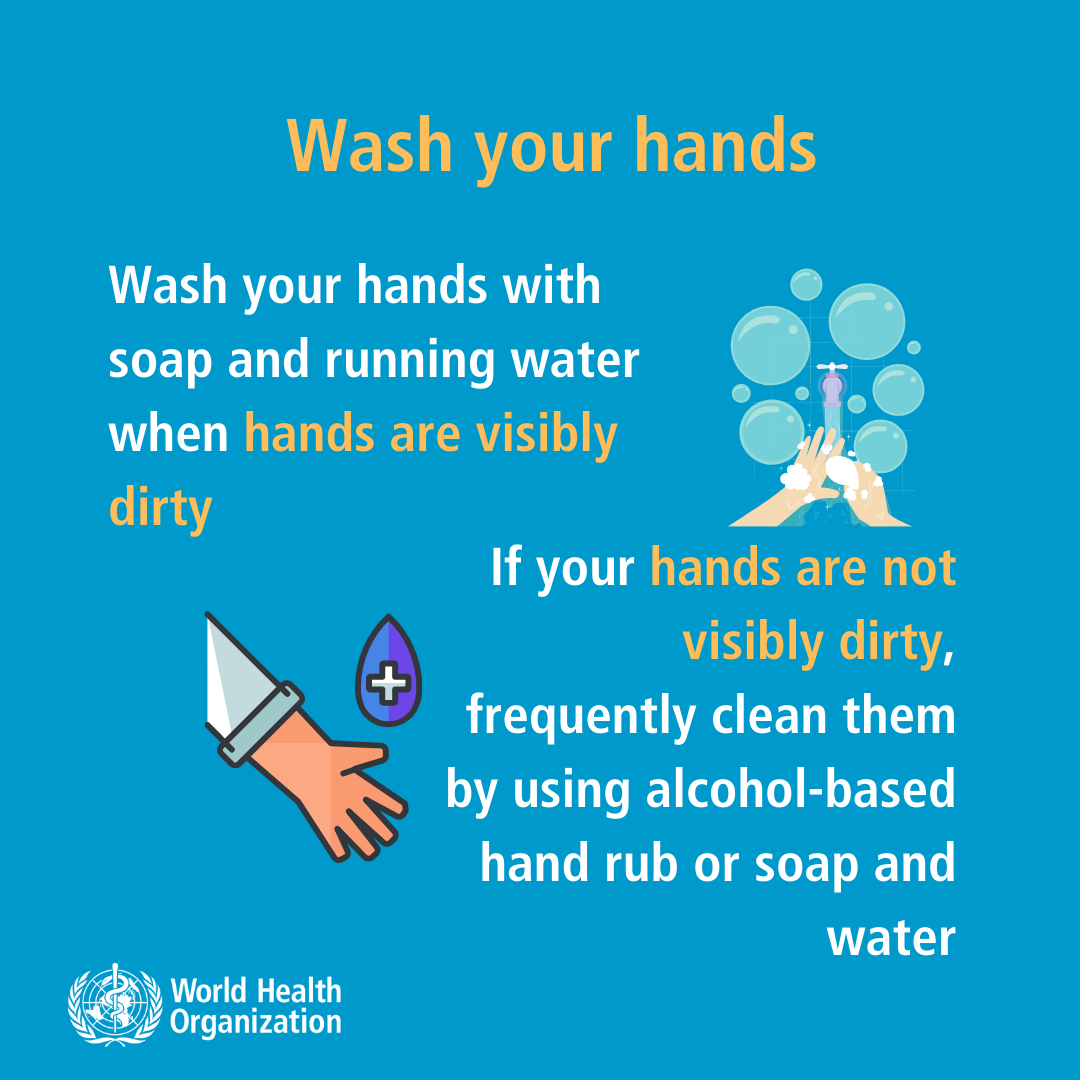There are a few things we know for sure about this illness COVID-19, but much we still need to learn about it. There are many approaches to look at which can ensure you, your family and community remain safe. But two things are very clear: the first is how not to get it and thereby reduce the spread. The second is is how to support your immune system so you are more resilient to infection. We’ll cover the second in a later past. This post is going to focus on how not to acquire the virus.
Physical measures to avoid infection with COVID-19
- Social Distancing: This is chief amongst the easy to prevent spread. Keep a 6 foot radius from others whether you feel they are healthy, or not. Social events and mass gatherings are cancelled until a safer time. Trips to restaurants are only to pick up food to bring home. And school, yoga class, and fitness clubs are shut down. Working from home is safest. If your job doesn’t allow that, then further measures are justified.
- Practice Good Hygiene: Washing your hands for 20 to 30 seconds with soap and water is the best means to eliminate viral contamination. The length of time it takes is longer than you may think. It’s the amount of time it takes to sing the “Happy Birthday” song twice! Focus on how you’re doing it, though. A lot of us get lazy about it and we do a fairly bad job of actually decontaminating all of the surfaces. Pretend like you’re a surgeon scrubbing in before an operation. Clean each finger individually. Make sure to remove rings and clean under them. Remember to get the back side of your hands as well as the palms. And don’t forget the thumbs. If it’s not possible to wash with soap and water, that’s where hand sanitizers come in. But they are not necessary as long as you use soap and water.
- Stay Home: This one is easy and should be self-evident. Instead of going out to restaurants, focus on food preparation and creation of healthy, nourishing meals. Write letters or have Zoom chats to stay in touch with friends and loved ones. If we all stay home, we can flatten the epidemic curve and save countless lives in the process.
- Protect those at Risk: The CDC recommends people over 60 stay home and avoid unnecessary contact. If you have elderly parents or neighbors, find ways to support them with food and essential supplies. If you have a chronic illness that places you at risk, please be extra careful.
- Wear a Mask when out in Public: This one is controversial but I feel there is more evidence for than against and very little downside. True, a mask may not prevent you from catching the virus, but it may significantly decrease the risk. But what it also does is prevent you from transmitting the infection to someone else. This is important since we know this virus spreads during an asymptomatic or minimally symptomatic phase of the illness. The type of mask you wear is probably less critical. Right now since masks are in short supply it may make sense to use a homemade mask. There are many videos and blogs which detail how to make these yourself if you’re handy that way.
- Cover Coughs and Sneezes: This one is also self-evident, but we don’t want to spread the virus with a airborne plume that’s created with the forceful acts of coughing and sneezing. Those particles may travel a distance of greater than 15 feet at times. So cover with a disposable tissue. Don’t re-use a hand kerchief. If you have nothing else, then cough or sneeze into your elbow and wash up if possible following.
- Avoid Handshakes and Hugs: Again, probably self-evident, but bears repeating. Habits are hard to break. We’re all going to need to help each other learn new ones when it comes to greeting those who we are not part of our immediate family who share our home.
- Not Touching your Face: Avoid touching your eyes, nose, and mouth with unwashed hands. This will prevent the virus from from finding a route of entry to infect you. The virus does not infect through your skin, but it can survive intact on the skin surface and wait for a time that you touch a mucous membrane of the eye, nose, or mouth and gain a foothold for infection.
- Keep Surfaces Clean: Cleaning and disinfecting surfaces that are frequently touched is vital. Consider door knobs, phones, computer keyboards, remotes and other items that are frequently touched in the bathroom and the kitchen.
We’ll cover more strategies to mitigate the impact if you do become infected in the next post.

